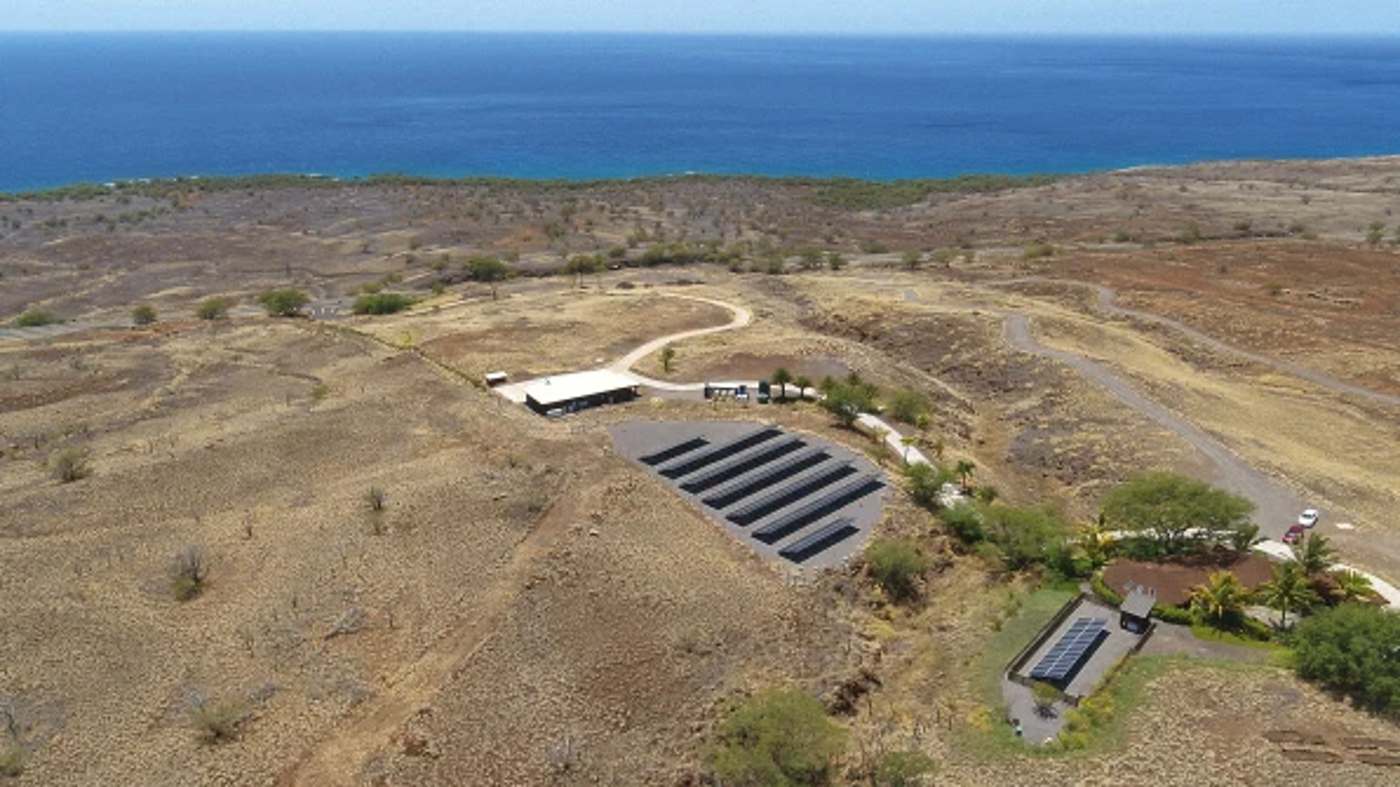|
This month we have some great new developments to
share with you in the energy, propulsion, and bioenergetics
arenas, which is our specialty and mission.
Story #1 offers an amazing and vital breakthrough
for increased global warming and ancillary drought conditions
invading many countries near the equator even now, forcing
migration and survival issues. Having fresh water available
onsite is the next gold rush for millions of people so being able
to literally pull it out of thin air with
a newly discovered hydrogel integrated into solar panels is a
Godsend. Scientists in Saudi Arabia have perfected this
solar-powered invention but our reporting also includes four
other references from around the world, showing the rapid
proliferation of this process that even works in a desert!
Hopefully, nonprofits will get on board quickly to start
attracting billionaire funding, which will slow down the
desperation.
Story #2
is a “world’s first” breakthrough for a renewable, carbon-removal
method that recycles waste water, uses direct-air-capture, and
mineralizes CO2 into calcium and magnesium carbonates which
form highly stable precipitate sands at the bottom of the
seafloor. The Heimdal method also creates renewable fuel and
reverse ocean acidification in their base located in Hawaii. Very
inspiring website too: Heimdal
V1 (heimdalccu.com) .
Story #3
is exciting because it offers an alternative to lithium-ion
batteries with the production of sodium-ion batteries. The extra
benefit is the prediction of a very long lifetime. The
Natron company is responsible for this invention and is starting
mass production shortly. Here in the US, it is also noteworthy
that the Natron company also received support from the US DOE
“ARPA-E” grant program for energy innovations. Natron also
qualifies as a leading manufacturer of sodium-ion batteries.
Natron’s sodium-ion batteries also do not experience thermal
runaway, making them safe for transport and disposal without the
risk of fire. Check out a related article with all of the great
details: natron_collateral_clarios_press_release_050422.pdf
Story #4 is about the University of Illinois
Chicago collaborative team that could give fuel cell systems a
competitive edge over the battery systems that currently power
most electric vehicles. Findings from their “scavenger
nanoparticles” experiments are reported in the science
journal Nature Energy, 2022;
7 (3): 281 DOI: 10.1038/s41560-022-00988-w. The
experiments showed that when the scavenger nanoparticle material
was added to the reactions of fuel cell systems, hydrogen
peroxide yield was suppressed to less than 2% -- a 51% reduction
-- and current density decay of fuel cells was reduced from 33%
to only 3%, both of which are amazing. Look forward to fuel cell
powered electric vehicles soon.
Story #5 offers hope to those with cartilage loss
in their joints, including the knees. As the article Osteoarthritis:
Electric knee implants could help repair worn cartilage | New
Scientist states, “Some research suggests that
a mild electric current can encourage cartilage cells in the knee
to multiply and repair damage.” Testing this with
animals, a piezoelectric implant less than a millimeter thick was
able to produce a mild electric current at the site of cartilage
damage and successfully repaired the lost cartilage. From the
history of bone repair and related cartilage repair using Pulsed
ElectroMagnetic Fields (PEMF), a better approach to this initial
experiment, that always follows such invasive surgery to produce
a localized electrical current is pulsed MAGNETIC fields. That is
why the EM
Pulser 78, with added features of efficacy, succeeds in such
applications, including osteoarthritis, since the pulsed magnetic
fields at 7.8 Hertz (Schumann resonance frequency) can easily
duplicate the results achieved by these pioneering biologists.
See www.BioenergyDevice.org for
more information about how Drs. Becker, Bassett, and Pilla
followed the same route of finding pulsed magnetic fields
superior and non-invasive, in the last century while repairing
bone and cartilage damage in half the time, with good intentions
to follow through with osteoarthritis and osteopenia but “didn’t
receive funding for it” as Dr. Pilla told me personally. History
certainly repeats itself.
|
|
1) Solar Panels Pull in Water Vapor to Grow Crops in
the Desert
|
|
|
|
Using a
unique hydrogel, scientists in Saudi Arabia created a
solar-driven system that successfully grows spinach by using
water drawn from the air while producing electricity. The
proof-of-concept design, described March 1 in the journal Cell
Reports Physical Science, offers a sustainable, low-cost strategy
to improve food and water security for people living in
dry-climate regions.
|
|
|
2) World's First Ocean-Assisted Carbon Removal Plant
in Hawaii
|
|
|
|
GoodNews Network May 2022
A company
in middle of the Pacific has created a unique system that takes
advantage of existing infrastructure to pull carbon from the
ocean. The advantage of taking carbon out of the ocean is
simple—it holds more carbon in less space than in the air. Furthermore,
plenty of machinery already pulls water out of the
ocean—desalination plants for example—so it’s a simple matter of
connecting the device held in a shipping container to existing
systems. In this case, the Hawai’i-based company Heimdal is taking advantage of the
50th state’s desalination plants on the Big Island.
|
|




